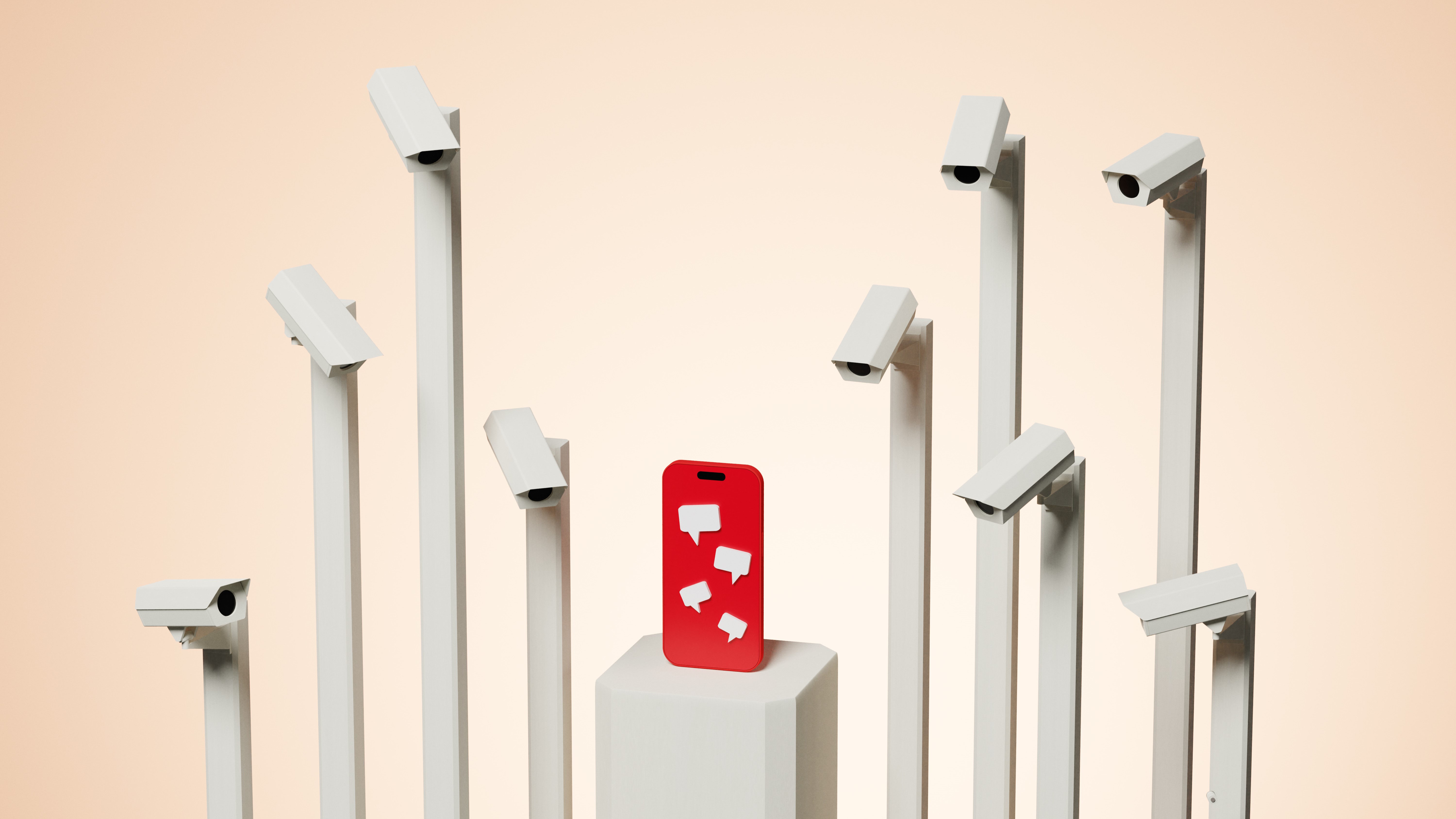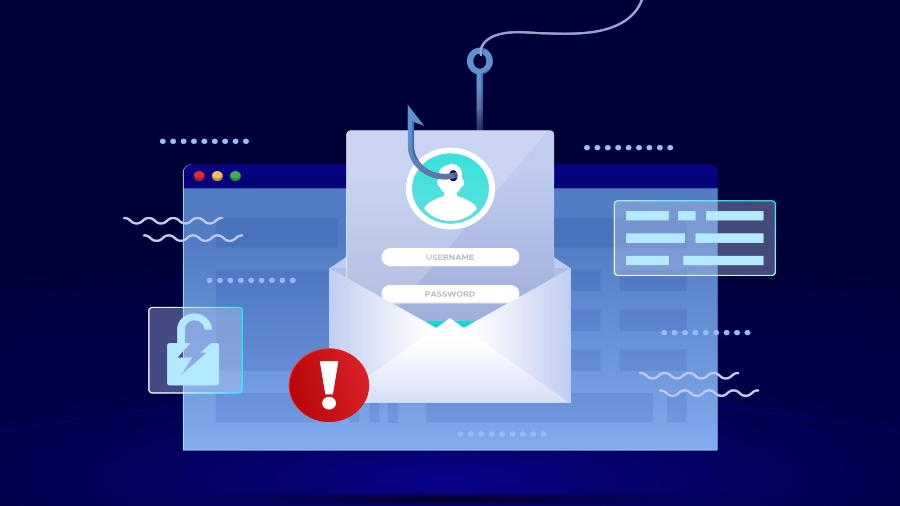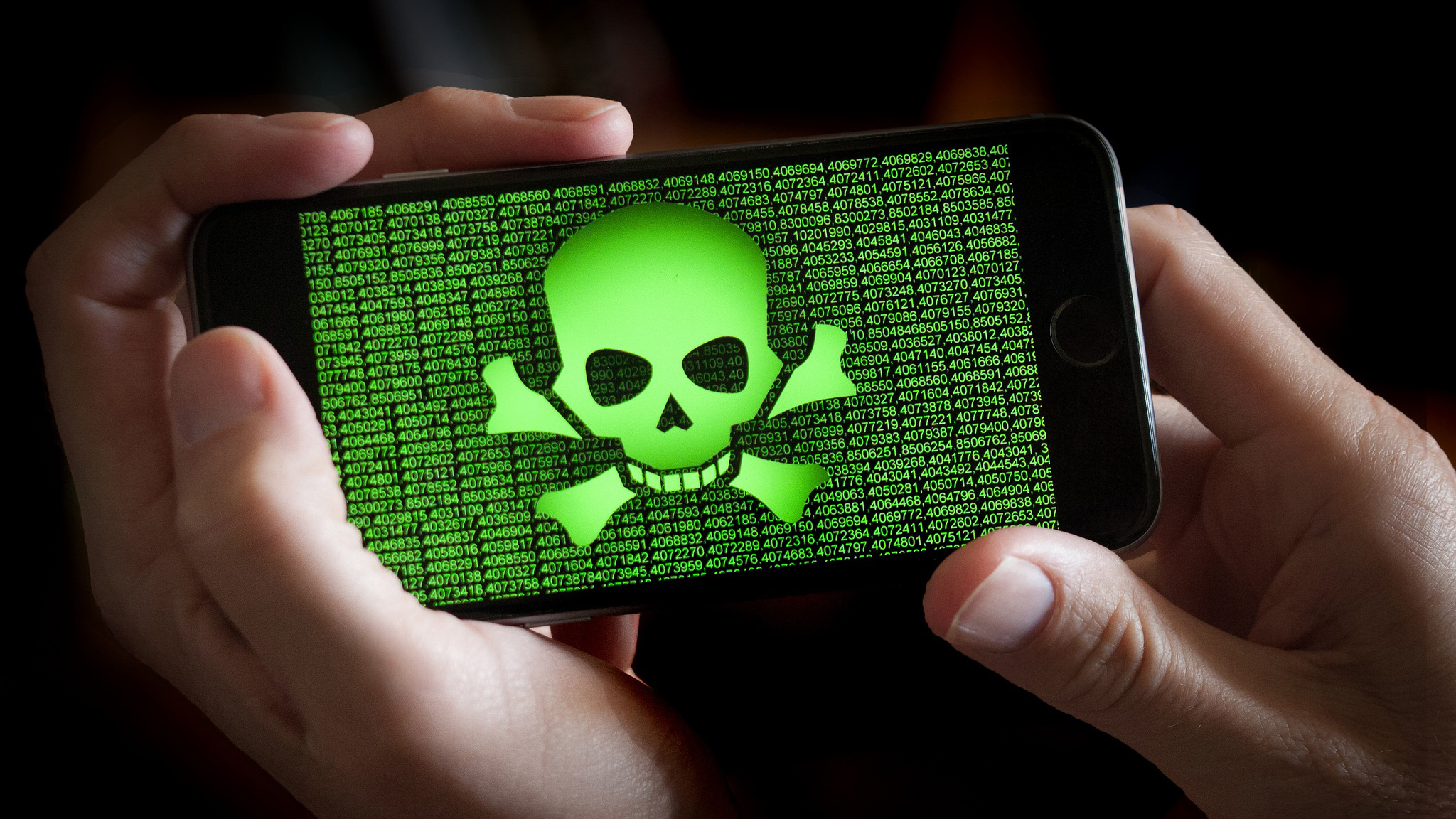What is spyware? And how do you protect yourself from it?
The spyware market keeps growing, both in scale and danger

The spyware market is expanding – and even Google is worried about the "real-world harm" it can provoke.
According to experts, modern spyware tools are increasingly invasive while leaving minimal evidence on the infected device. Take the Predator tool, for example. New research has just discovered how the spyware is still active and more difficult to track. This is why civil societies are now calling for a total ban on spyware.
In the meantime, you must learn how to protect yourself from spyware infections. While security software like the best VPN or antivirus apps can prevent some form of attacks, they cannot fully protect you nowadays. It's then crucial to know the risks and actively minimize your vulnerability.
What is spyware?
Spyware is a type of malicious software – commonly known as malware – that gets installed on a digital device without the owner knowing it. Its main goal is collecting your sensitive information. This can be your location, camera, and microphone data, all messages you send/receive or the words you type, websites you visit, banking information, and passwords.
Modern spyware can be very difficult to detect, yet fairly easy to inject – and this is exactly where lies its main strength, and danger. Pegasus and Predator are perfect examples as they harvest both so-called one-click and zero-click attacks. This means that, in some instances, you don't even need to tap on a dodgy link to become a victim.
These spyware scandals have revealed a web made of law enforcement, military, and intelligence agencies using these tools not just to fight crime, but also against human rights activists, journalists, and politicians across the world. The reality anyone can be a target. While the final goal may differ, hackers, stalkers, and criminals also use these tools to target our devices.

There are different types of spyware, in fact. The most common are:
- Adware. A type of spyware that appears as unwanted pop-ups or advertisements on your device. While malvertising is the act of cybercriminals using ads to spread malware, adware refers to the malicious software injected into your device.
- Stalkerware.This type of spyware is used to monitor what you are doing on your device, it then collects keystrokes (what you type). This can also silently access your camera and microphone. Stalkerware is generally installed trying to look like another legitimate app.
- Keyloggers. Short for "keystroke logging," its goal is to capture every keystroke to gather your login credentials and other sensitive information you may type. They generally infect the devices from malicious emails, files, and software you may download.
- Rootkit. Cybercriminals use rootkits to steal your data, install other forms of malware, and spy on your activities. In some instances, rootkits can escape antivirus detection.
- Trojans. As the name suggests, Trojans pretends to be legitimate software or files to trick you into installing or downloading it on your device.
How to understand your device has spyware
While the likes of Pegausus and Predator are getting increasingly difficult to spot, there are generally some signs when your device has been infected with spyware.
As a rule of thumb, beware of anomalies in performance. Spyware can make your device run slower than normal, for example. If your computer or smartphone crashes or freezes frequently, it could also be a sign of malware infection. You may face more issues when using apps or web searches, too.
Anyone can be a target.
Some spyware hides in pop-ups, so be wary if you start getting more of them all of a sudden. Spyware tools often disguise themselves through your applications with legit icons. You should periodically check if there are apps you didn't download.
It's worth mentioning that these warning signs aren't exclusive to spyware, but they can signify any other type of malware infection. Deeper scans with antivirus and malware removal services can help you get to the bottom of the issue.
If you find spyware on your device, you should instantly delete any applications you don't recognize. Run a reliable spyware scanner software like Malwarebytes or Avast One (both offer a free version) and clean your system. In some cases, a factory reset may be needed.
How to protect yourself from spyware
Again, while difficult against certain levels of threats, you can – and should –take some precautions to minimize the risk of spyware infection.
The first rule of good digital hygiene is to keep all your applications and operating systems always up-to-date. With updates, developers fix vulnerabilities that could be exploited as an entry point for spyware.
A VPN (virtual private network) is also another way to boost your protection against online surveillance. I strongly recommend using a secure VPN when you connect to public Wi-Fi as cybercriminals can use these entry points to compromise your device. Plus, many providers also come with built-in tracker-blocking technology that can help you minimize the risk even further.

Malicious links are another way spyware infiltrates your devices. Therefore, be mindful of clicking links from strangers. I recommend running dodgy links through a link checker service to determine their legitimacy. NordVPN has recently rolled out a new free link-checking tool that uses a proprietary machine-learning model to spot phishing attacks.
As we mentioned earlier, spyware infections can affect a device's performance. You should then pay attention to changes in functioning and investigate further with antivirus or malware removal software.

Chiara is a multimedia journalist committed to covering stories to help promote the rights and denounce the abuses of the digital side of life – wherever cybersecurity, markets, and politics tangle up. She believes an open, uncensored, and private internet is a basic human need and wants to use her knowledge of VPNs to help readers take back control. She writes news, interviews, and analysis on data privacy, online censorship, digital rights, tech policies, and security software, with a special focus on VPNs, for TechRadar and TechRadar Pro. Got a story, tip-off, or something tech-interesting to say? Reach out to chiara.castro@futurenet.com